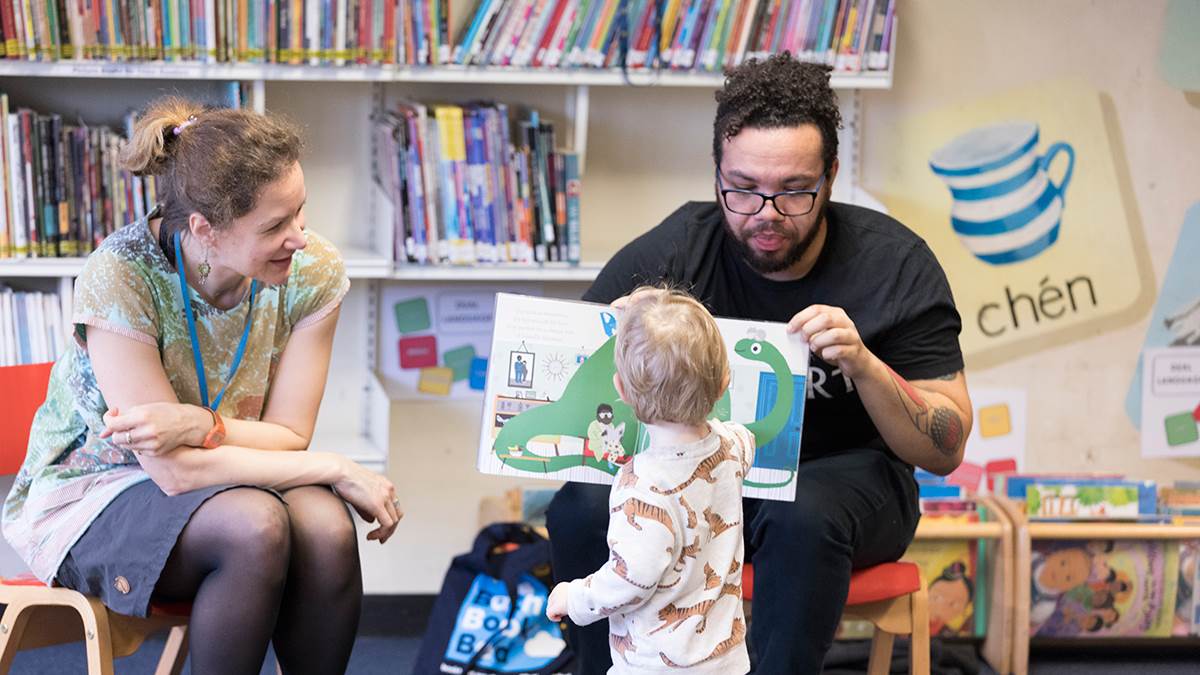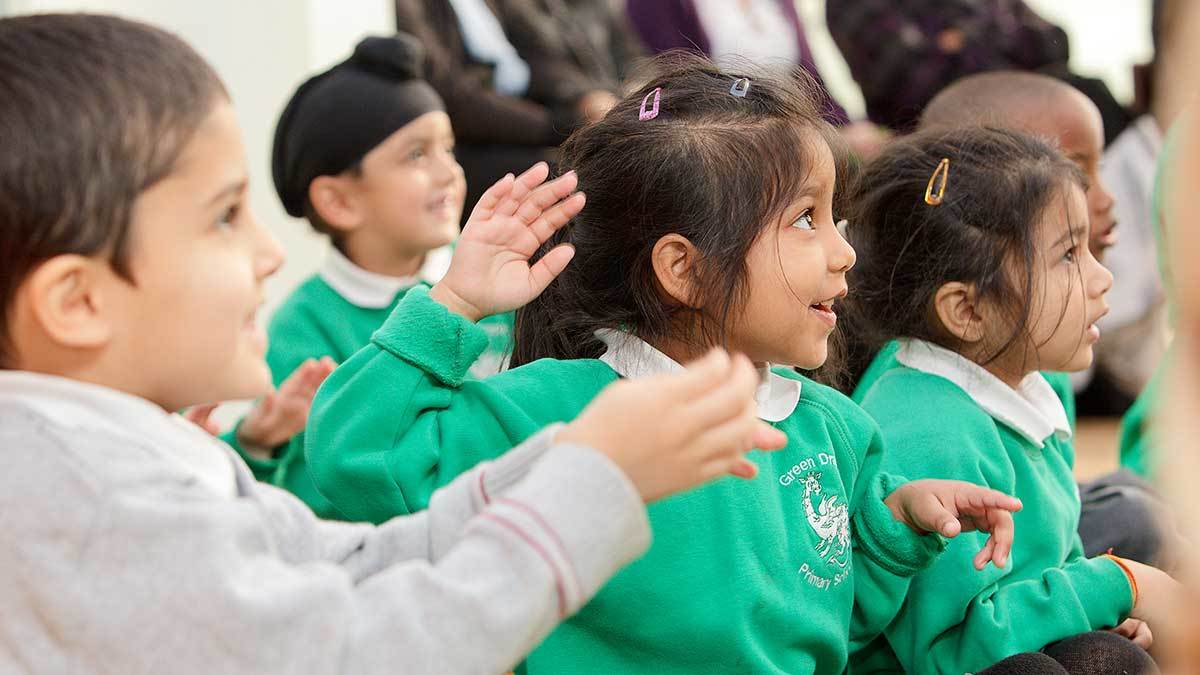Storytime is sacred: Why reading aloud is the most non-negotiable of non-negotiables
Published on: 14 June 2022
Esther Brown at Reading for Pleasure UK shares some top tips for teachers on making story time the best part of the day for children and grown-ups alike...
 Storytime in a primary school
Storytime in a primary school
The atmosphere is electric. A faithful following hang off every word spoken, listening in rapt attention. There’s a buzz of something exciting about to happen.
You haven’t stumbled into a church. This is a classroom at story time - the most sacred part of the school day.
Story time is an age-old tradition in Primary Schools and it is always stated as a ‘non-negotiable’. However, with crammed curriculums and pressure from all areas to show achievement and progress, it can sometimes be the first thing that gets lost in a busy day.
But, nurture your classroom congregation through daily storytelling and the rest will follow.
Reading aloud…
Builds community within the classroom and the school. Special bonds form through the shared experience of ‘books in common,’ cliffhangers, tragedies and happy endings. Taking the time to build positive relationships is fundamental to a positive learning environment and when children are ready to learn, this in turn will lead to progress.
Creates an escape to different lands and experiences as well as an escape for some children from what they see as ‘learning.’ However, they are learning. Books are a window to other words and lives. They both build knowledge and help create empathetic students. Whilst listening without the pressure to complete a linked task, pupils have time to connect and think more deeply about the incidental learning they encounter through books and to process this in their own time and make links and connections – a process which supports brain development and memory.
Improves wellbeing for both pupils and teachers. This fact has been proven. The impact of the Covid-19 pandemic has left many children feeling a huge range of emotions from anxious through to angry. Reading aloud shares and validates these feelings and offers a pathway for children to begin to talk about or explore their own feelings.
Enriches the curriculum. Absorbing book language and being exposed to rich vocabulary develops children’s ability to both comprehend new words in context and to inspire their own writing.
Is both inclusive and personal. Almost all children, regardless of their own reading ability, can access the class read aloud. No one is left out or left behind in this shared experience. Listening to stories is also a very personal experience and everyone engages and interacts with a book in their own way. No opinions or ideas are the ‘wrong’ ones in the read aloud space. It is not tested or assessed. Therefore children can build the confidence to contribute in other lessons and curriculum areas, leading to progress.
IS NON-NEGOTIABLE. Children that read for pleasure and enjoy books have better academic and life outcomes. They are more likely to vote and more likely to feel happy and contented.
And that makes reading aloud something sacrosanct.
 Children in a primary school
Children in a primary school
Top tips for reading aloud
- Try reading at different parts of the day to see what works for you.
- Mix it up. Read poems or news articles aloud or extracts from non-fiction to draw pupils in.
- Allow children to have a say in the books that are read aloud to the class giving them choice and ownership.
- Make it a special time – have a weekly hot chocolate or biscuit with the book.
- Allow children to sit comfortably or to jot in reading journals as you read.





